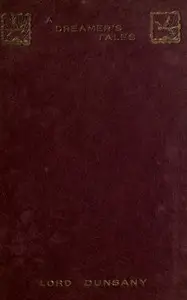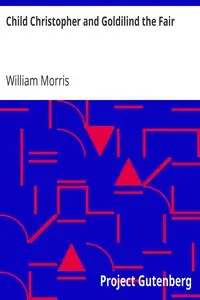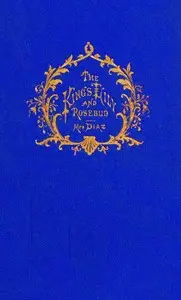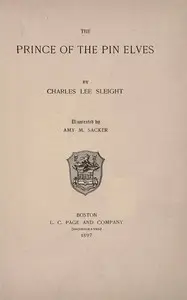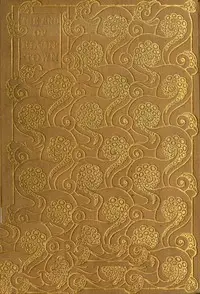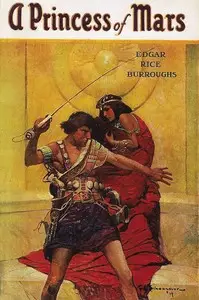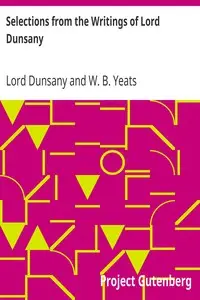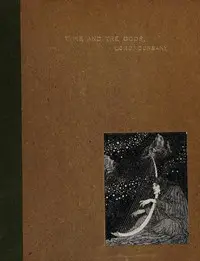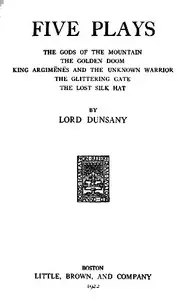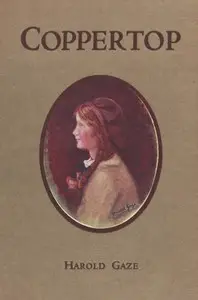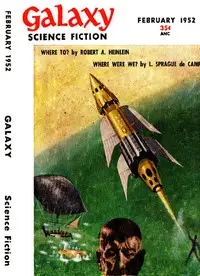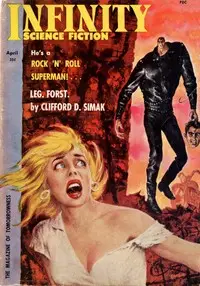** "The King of Elfland's Daughter" by Lord Dunsany is a fantasy story from the early 1900s where Alveric, son of the Lord of Erl, goes on a risky adventure to marry Lirazel, the beautiful daughter of the King of Elfland. It's all about magic, where the normal world meets the fairy world, and looks at what happens when people fall in love and want something that lasts forever. The people of Erl want a magical leader, so Alveric's dad sends him to Elfland to bring back Lirazel as his wife. We see Alveric get ready, including getting a special sword made by a witch, showing how he's connected to both regular life and the magical places beyond. Alveric thinks about his trip and the mysterious lands he hopes to see, hinting at the tough times and amazing things he'll find in Elfland and back home. **
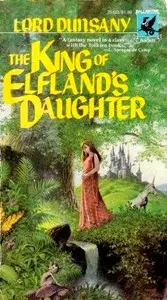
The King of Elfland's Daughter
By Lord Dunsany
** A young man journeys to a magical kingdom to bring back a fairy princess, changing his world forever with both beauty and unforeseen challenges.
Summary
About the AuthorEdward John Moreton Drax Plunkett, 18th Baron Dunsany, commonly known as Lord Dunsany, was an Anglo-Irish writer and dramatist. He published more than 90 books during his lifetime, and his output consisted of hundreds of short stories, plays, novels, and essays; further works were published posthumously. Having gained a name in the 1910s as a great writer in the English-speaking world, he is best known today for the 1924 fantasy novel The King of Elfland's Daughter, and his first book, The Gods of Pegāna, which depicts a fictional pantheon. Many critics feel his early work laid grounds for the fantasy genre.
Edward John Moreton Drax Plunkett, 18th Baron Dunsany, commonly known as Lord Dunsany, was an Anglo-Irish writer and dramatist. He published more than 90 books during his lifetime, and his output consisted of hundreds of short stories, plays, novels, and essays; further works were published posthumously. Having gained a name in the 1910s as a great writer in the English-speaking world, he is best known today for the 1924 fantasy novel The King of Elfland's Daughter, and his first book, The Gods of Pegāna, which depicts a fictional pantheon. Many critics feel his early work laid grounds for the fantasy genre.

